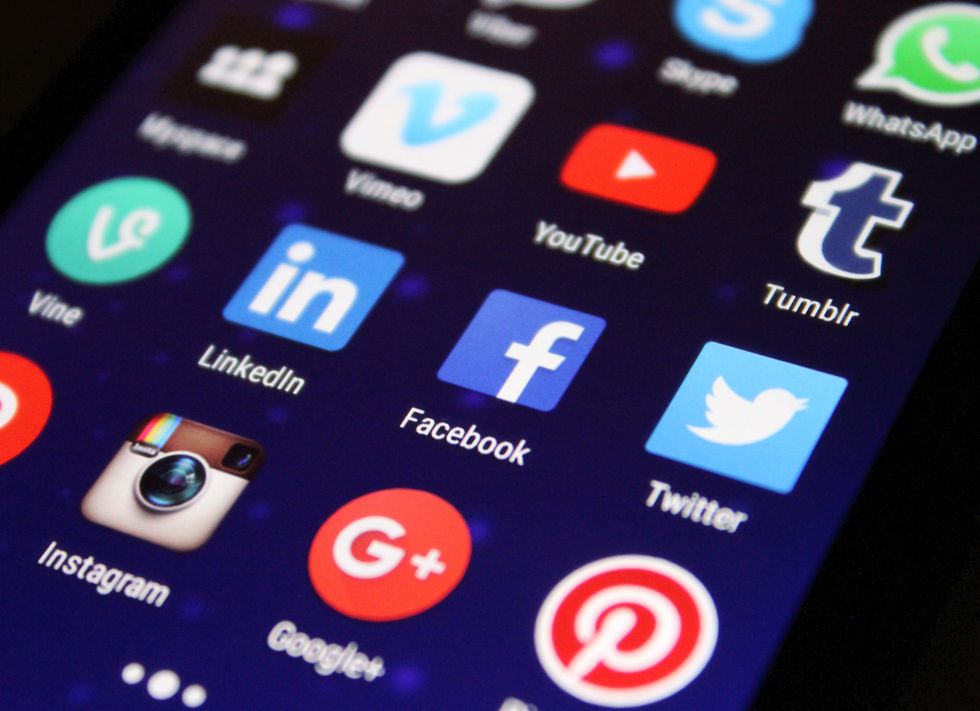Honestly, I’m suspicious of any deregulation with vaguely-defined reasons for being and a lot to offer politically active (to put it lightly) corporate conglomerates. The removal of net neutrality is no different.
For anyone not up to speed, net neutrality is essentially the idea that all internet data should be treated the same, regardless of whether it’s being used to stream a video, open a website, or play a game. The FCC’s former regulation prevented internet providers from offering certain sites or data types preferential treatment over others; under the new regulations, corporations are offered a lot more rather ill-defined leeway to control the prices of various types of data.
In all fairness, the often-touted image of cable-television-esque bills seems, for the moment, unlikely. Stripping away net neutrality would potentially open the door to this in the future, but current expectations of internet providers will prevent any quick progression.
The more immediate issue with removing net neutrality is that it greatly hinders competition -- only incumbent corporations can easily afford to hold these “fast lanes,” giving them yet another edge over upstarts. This not only offers older corporations more monopolistic leverage over prices and services, but it tends to stall innovation, lessening the pressure for established corporations to keep up their inventing pace and preventing newcomers from introducing their own technology.
It’s important to keep in mind that internet providers are rarely just that: AT&T is fighting to purchase Time Warner; Verizon owns a number of media companies, including the Huffington Post, Yahoo and its offshoots, and all of AOL’s property (including sites like Moviefone). Needless to say, these corporations have every reason to start prioritizing their own products over their competitors’. As these companies continue to expand, your internet provider could easily determine which news outlets (and subsequently, what news you get and how you get it) and communication platforms are most visible and available.
This could easily become an issue for smaller, independent media outlets -- particularly those with niche audiences -- if they’re forced to compete with the internet providers’ pet sources. It has the potential to seriously wound the ability of minority groups to speak out and runs the risk of muffling dissident opinions and concerns outside of the immediate mainstream.
Sources:
Knibbs, Kate. “All the Media Companies That Belong to Verizon Now.” Gizmodo. Gizmodo Media Group. 12 May 2015. Web. 17 January 2017.
Kovach, Steve. “The FCC Plans to Repeal Net Neutrality This Week -- And It Could Ruin the Internet.” Business Insider. Business Insider Inc. 10 December 2017. Web. 17 January 2018. <http://www.businessinsider.com/fcc-net-neutrality-... -higher-prices-fewer-choices-2017-12>.
“Net Neutrality: What You Need to Know.” Free Press. Free Press. n.d. Web. 17 January 2018.




 Energetic dance performance under the spotlight.
Energetic dance performance under the spotlight. Taylor Swift in a purple coat, captivating the crowd on stage.
Taylor Swift in a purple coat, captivating the crowd on stage. Taylor Swift shines on stage in a sparkling outfit and boots.
Taylor Swift shines on stage in a sparkling outfit and boots. Taylor Swift and Phoebe Bridgers sharing a joyful duet on stage.
Taylor Swift and Phoebe Bridgers sharing a joyful duet on stage.













